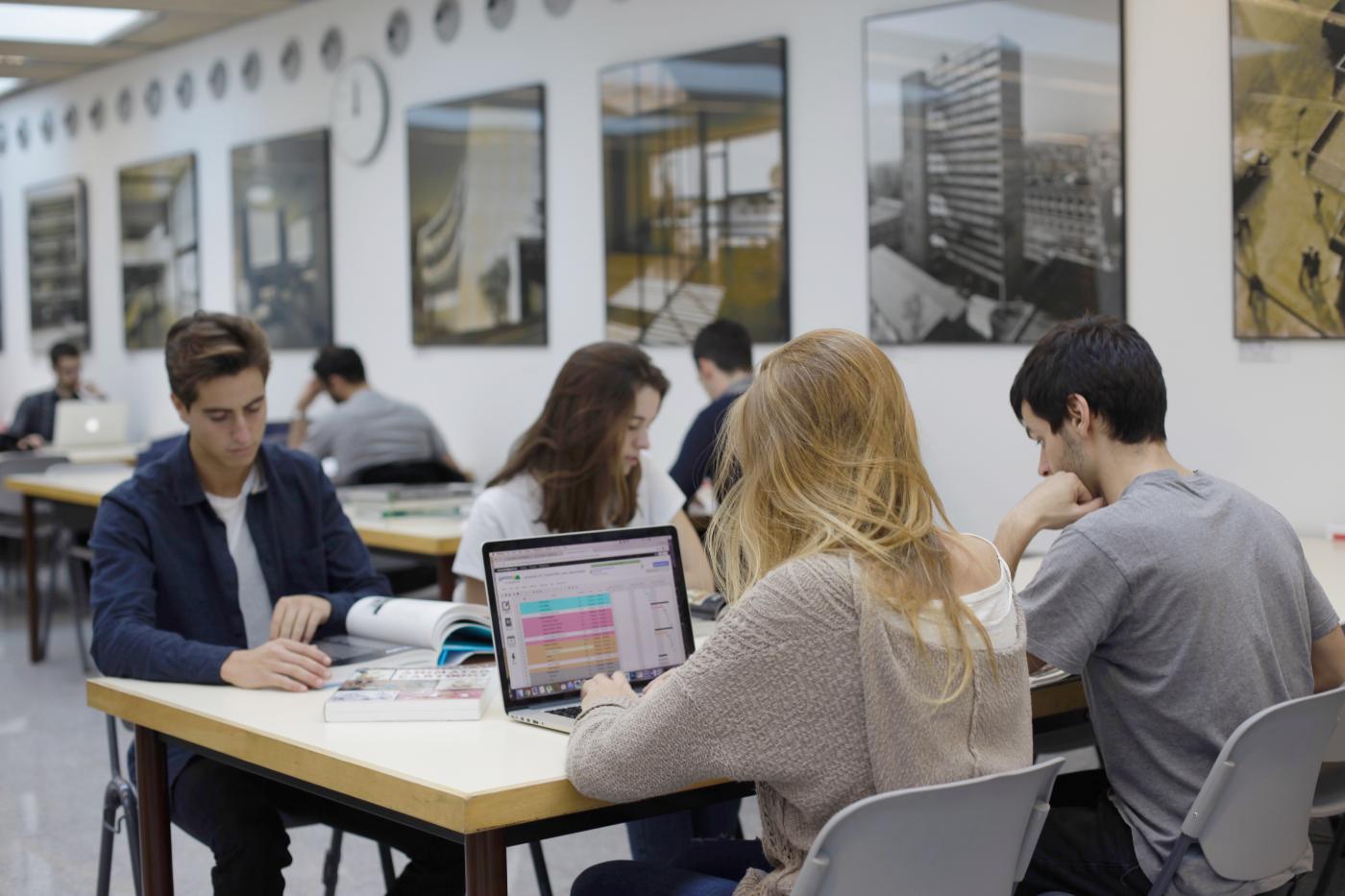With the support of the Departament de Recerca i Universitats de la Generalitat de Catalunya, La Salle-URL has launched the Interactive Arts & Science Laboratory (IASlab) project, which will make it possible to transform the La Salle building into a reference laboratory in Catalonia. The initiative serves to promote the research carried out by researchers and research groups at La Salle-URL, especially in aspects and projects related to new forms of interaction between humans, machines and real, virtual and mixed environments. The purpose of granting these funds by the administration is to provide the country with laboratories and facilities that help to become a European benchmark in research and technology transfer.
The IASlab was created with the aim of becoming a reference hub for the new audiovisual sector, becoming a unique and unifying environment that will help the sector to make the transition to new technologies. In addition, it wants to help retain and attract talent from researchers, professionals and international companies. The project has a marked multidisciplinary character, since it will integrate a great diversity of laboratories that will facilitate collaboration between scriptwriters, artists, designers, animators, robotics and signal processing engineers, computer scientists, mathematicians and physicists, among many other researchers from other specialties.
Due to its humanistic nature and characteristics, and with the endorsement of La Salle Campus Barcelona of being a pioneer in research and training in audiovisual engineering, the IASlab will help promote the strategic, scientific and technological positioning of La Salle-URL in order to become a leading center in media technologies of the 21st century. The IASlab facilities will generate transferable knowledge to society, consolidating itself as a key part of the La Salle-URL ecosystem and in the institution's collaborative relationship with other research centers, technology parks, innovation areas and companies.
The IASlab facilities will be used to investigate, for example, the simulation of the physical processes of speech generation based on a biomechanical model of the voice organ, numerically simulate the generated sound, give it expressiveness and coordinate it with a realistic expressive face, either animated from an actor's capture on the VFX set or powered by a biomechanical model. In addition, the new laboratories will allow a comprehensive treatment of the capture, processing and visualization of data related to the interaction of humans with real, virtual or mixed environments in all its modalities (visual, sound and haptic).
The new IASlab will complement the Internet of Things Institute of Catalonia (IoTiCAT), the first interdisciplinary lab in Catalonia, a project co-financed by the European Union inaugurated in February 2020 and which has placed La Salle-URL as a benchmark in research and transfer in some of the main current technological challenges: the internet of things, Big Data and Smart Cities. In this way, the La Salle-URL campus achieves with these two major projects a high degree of excellence in generating knowledge for society through research. In addition, it will be a boost in collaboration with international agents in subsidized projects and with others of private initiative.
